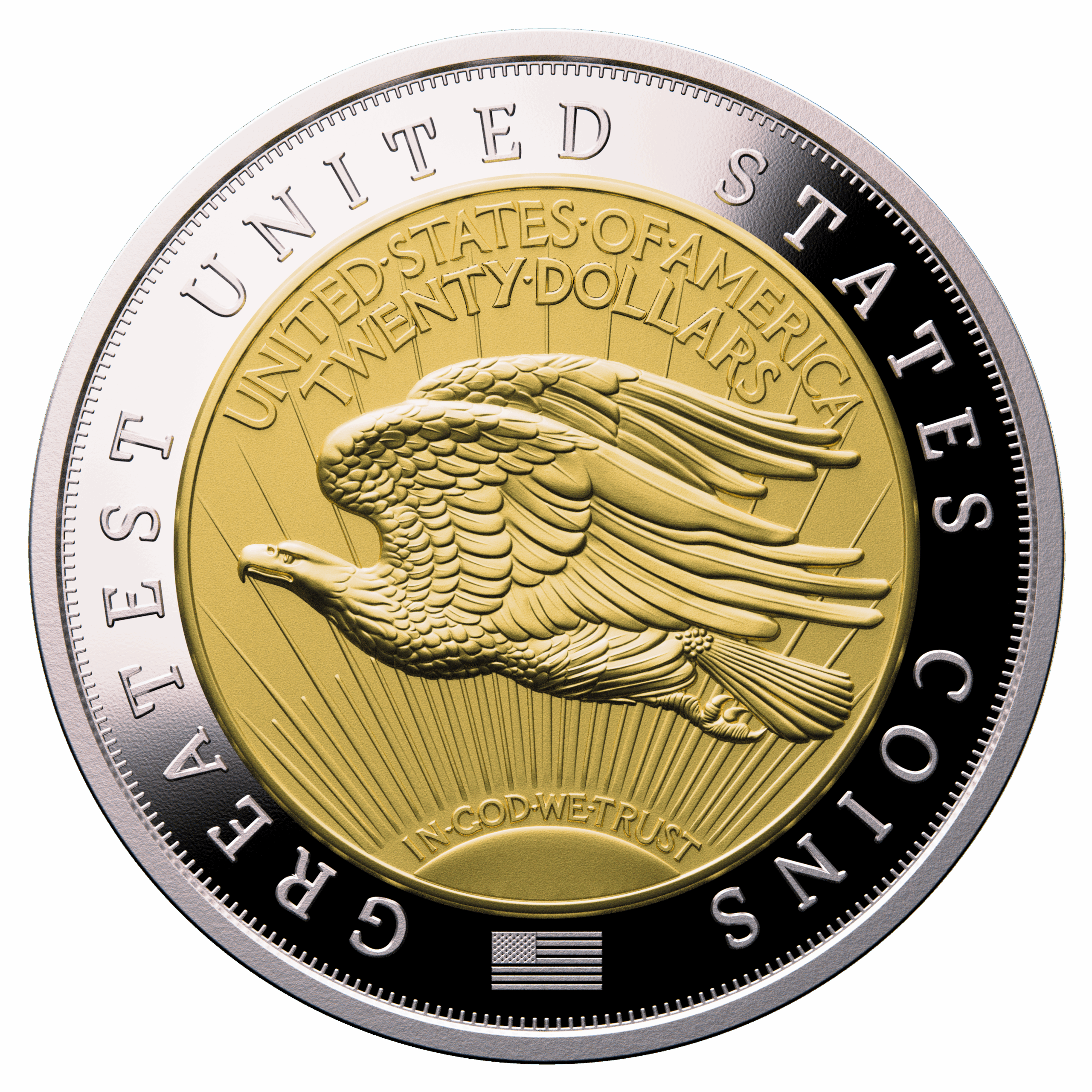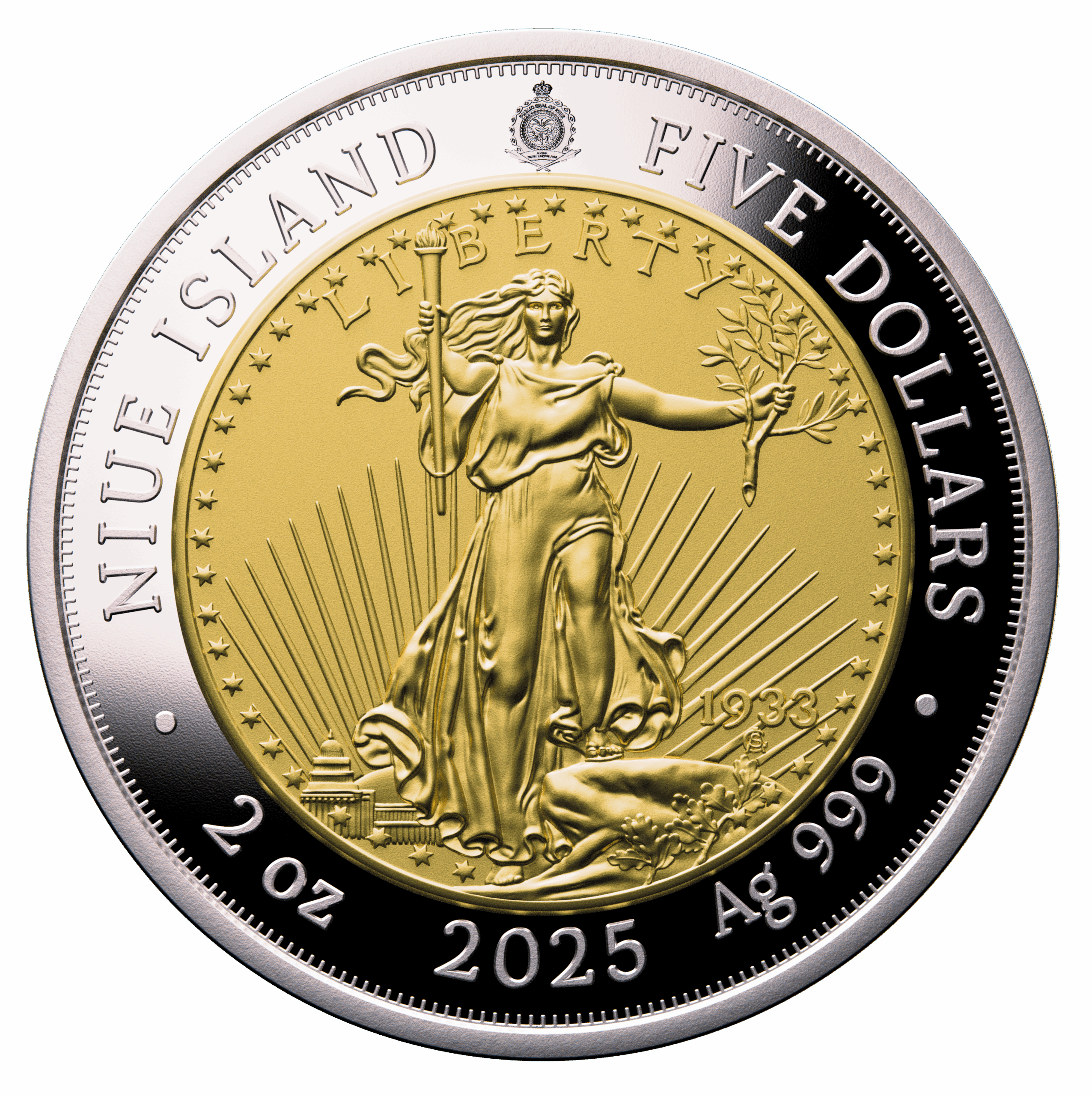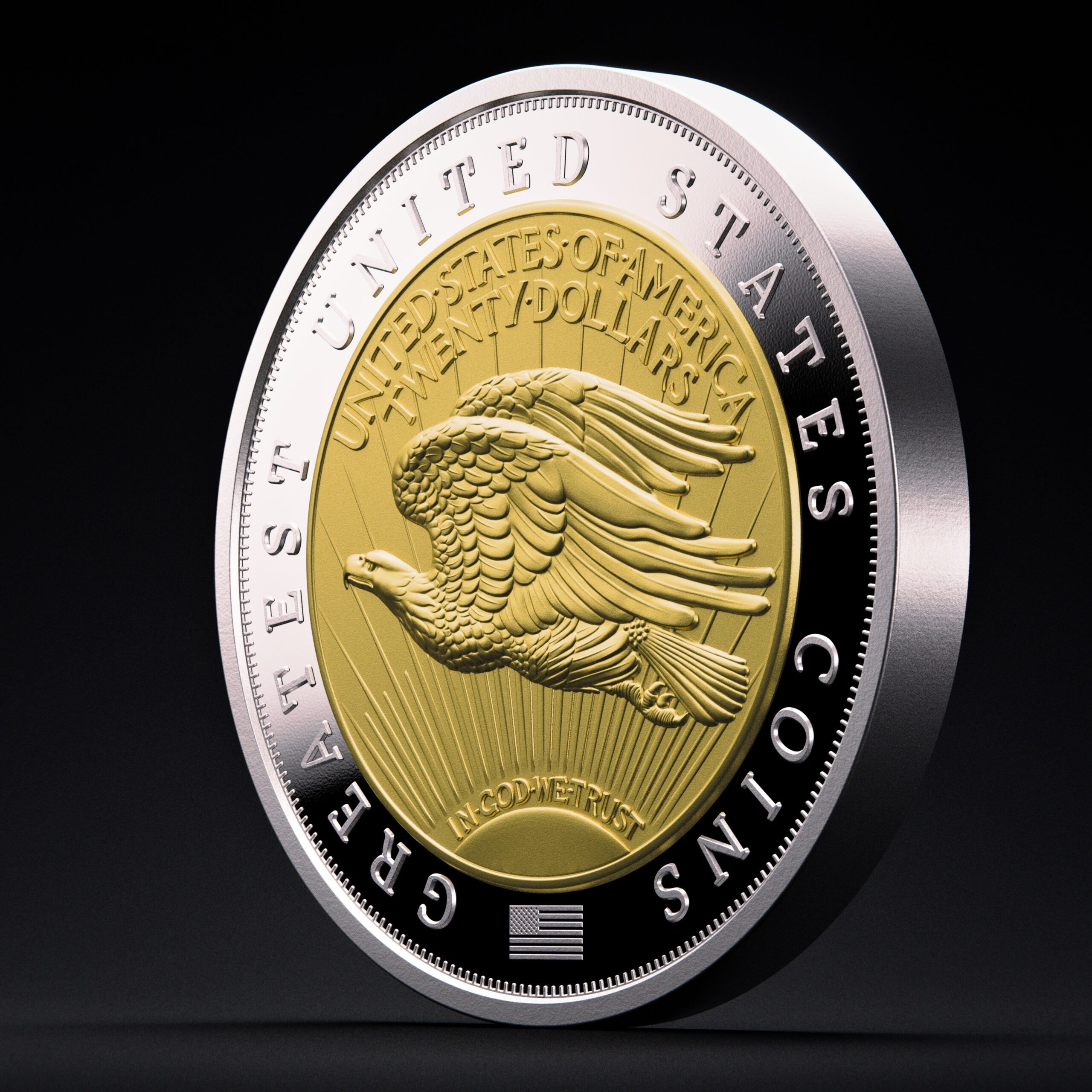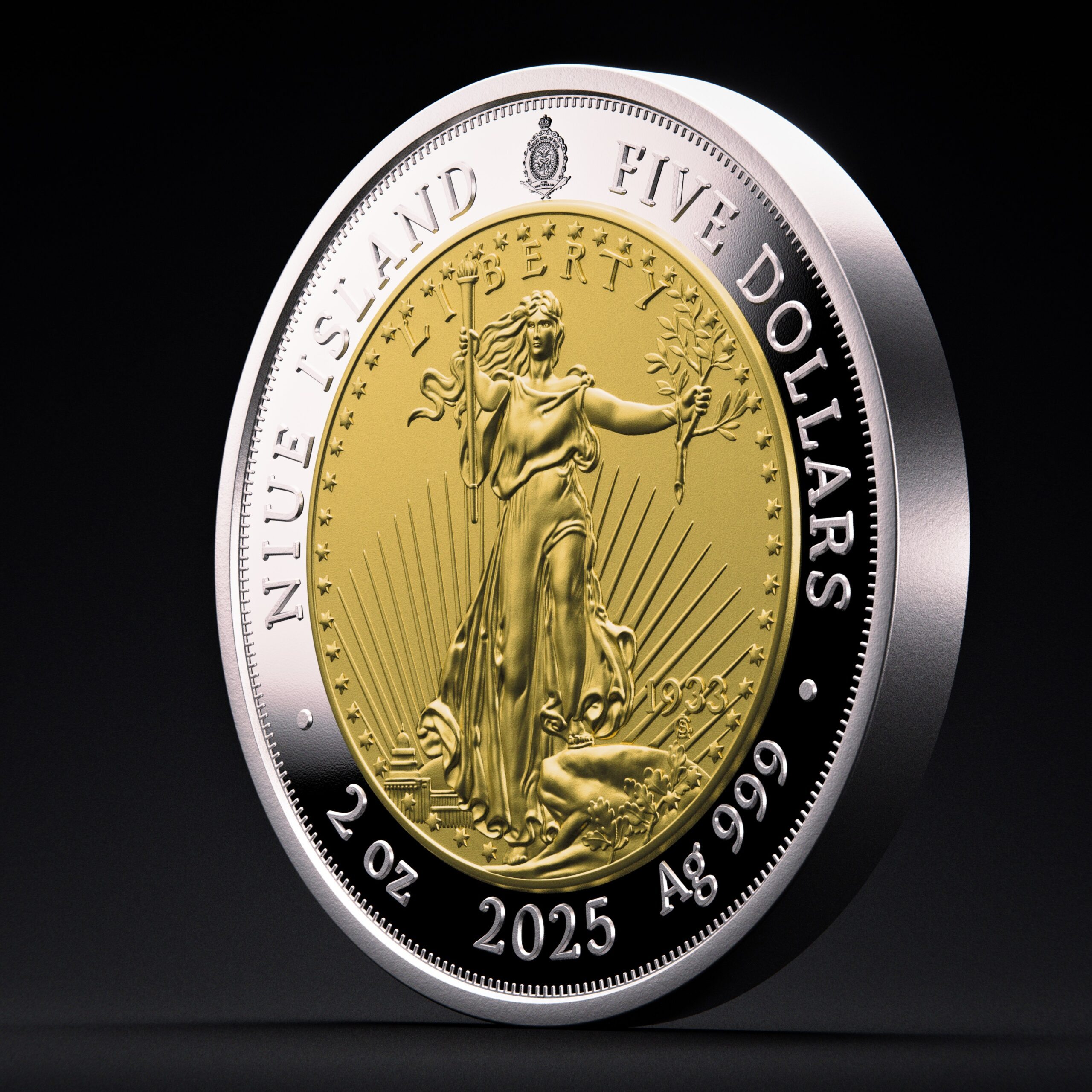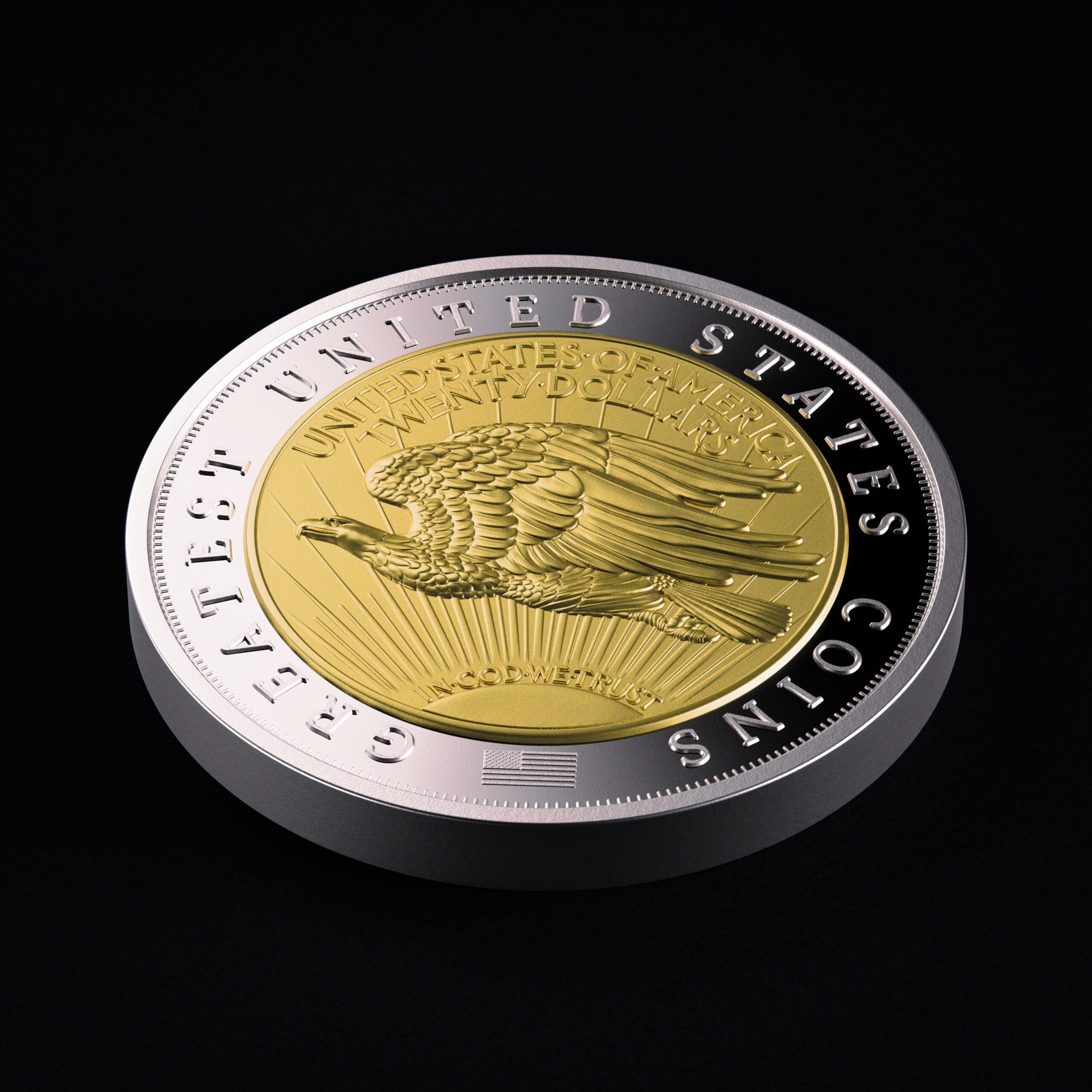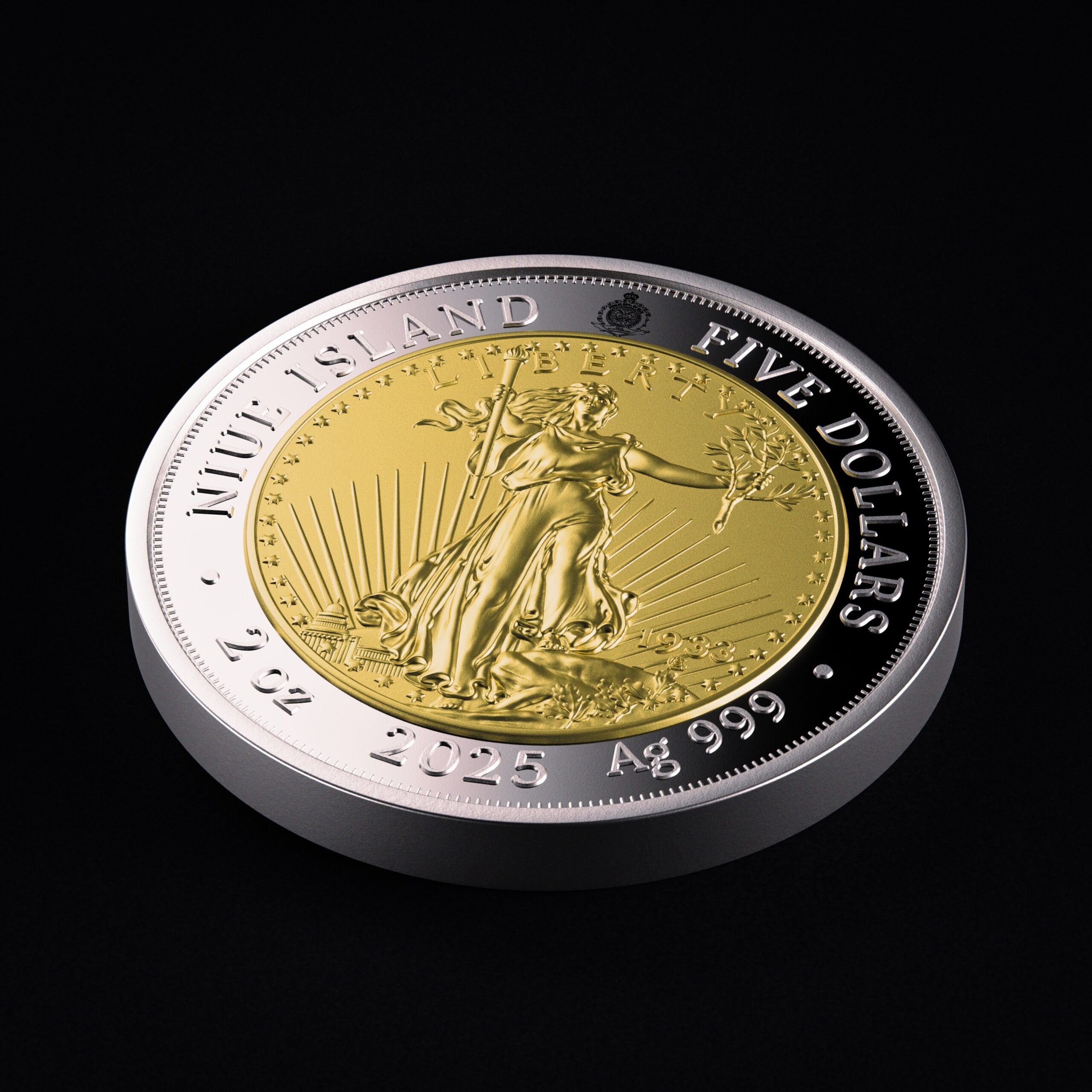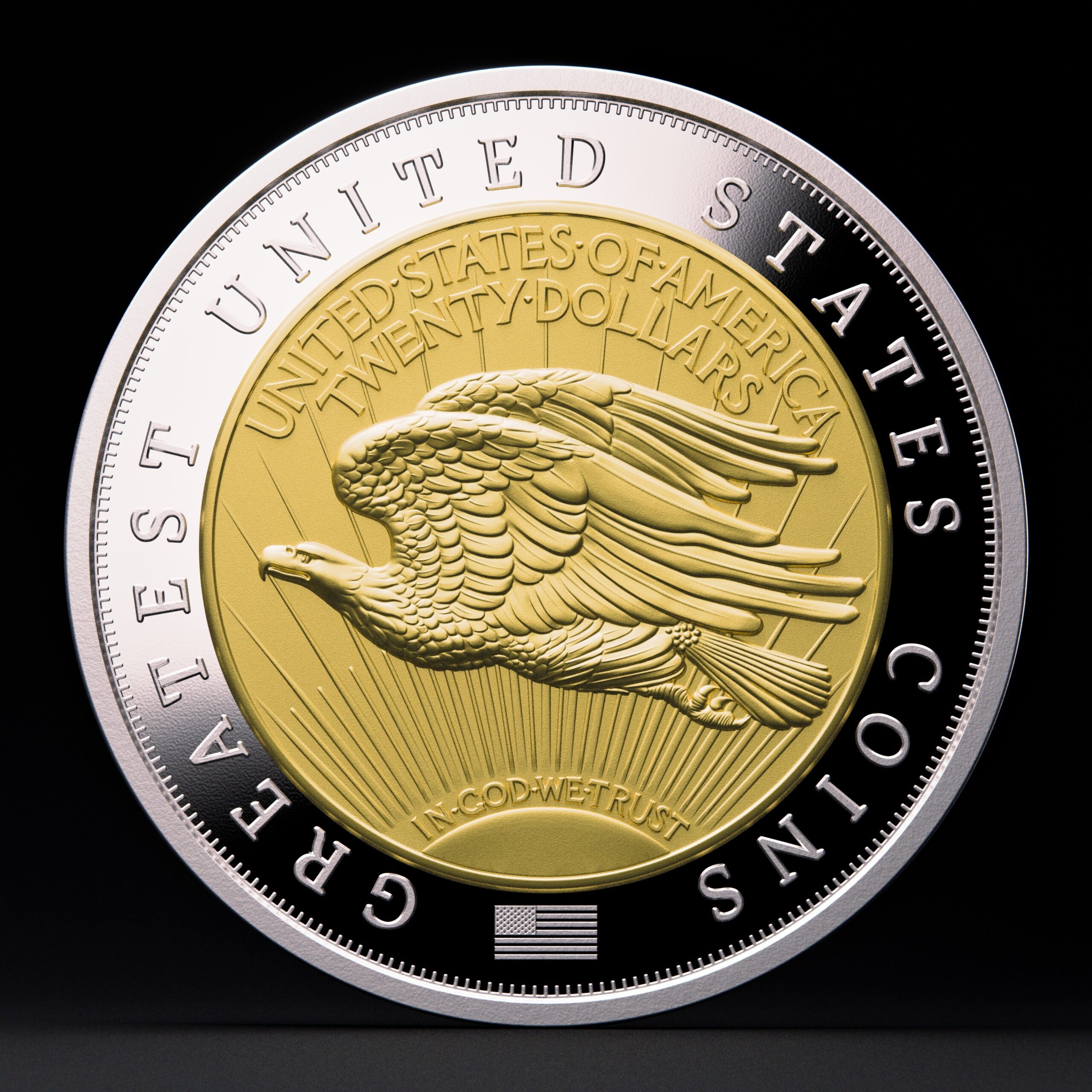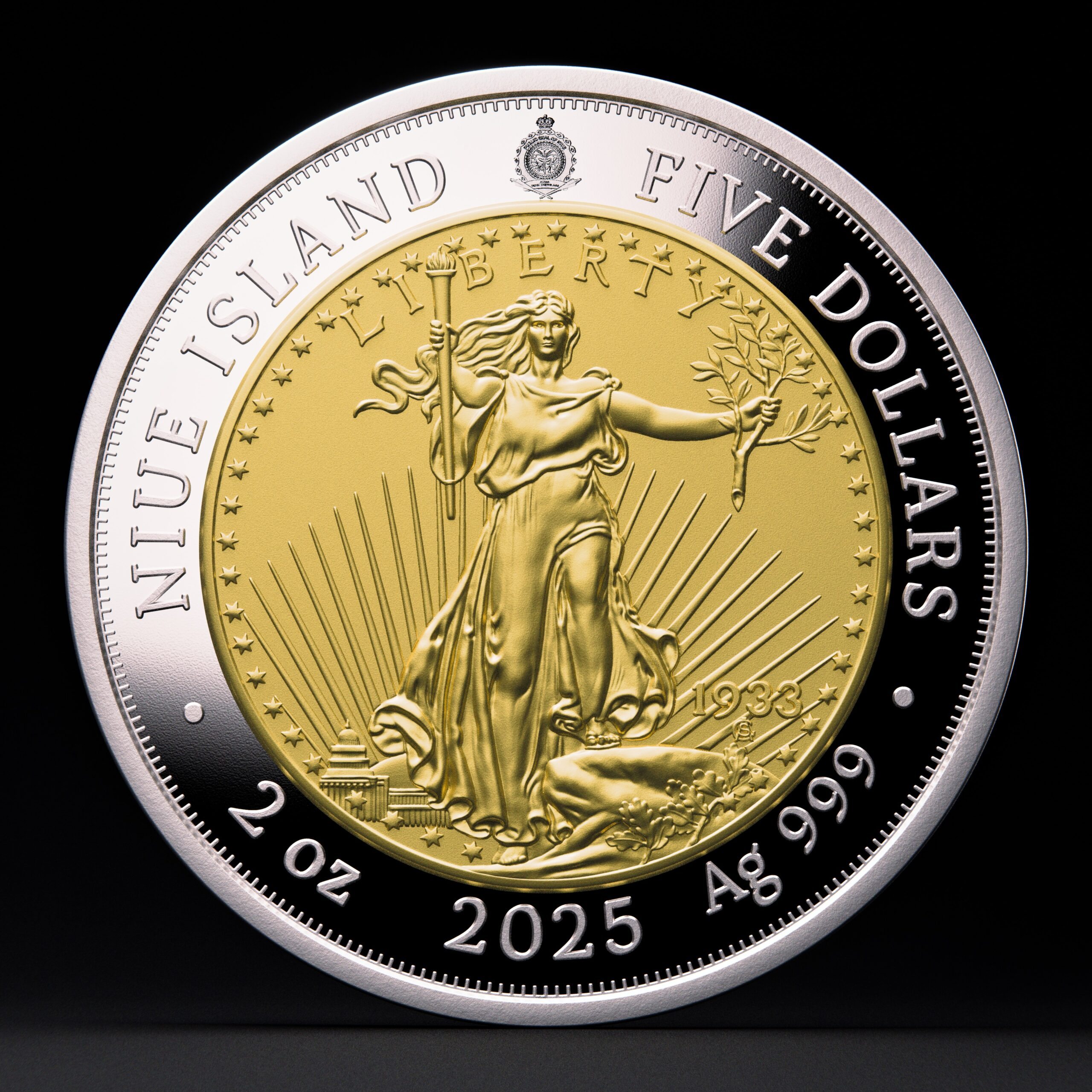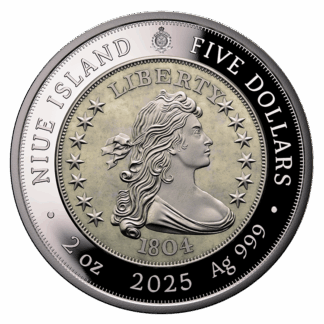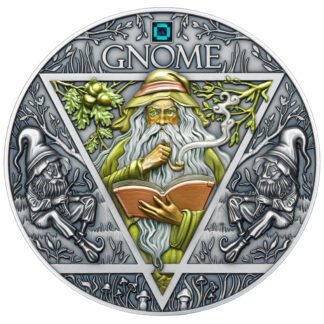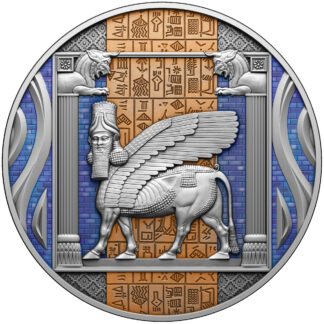Description
1933 Saint-Gaudens double eagle
The 1933 Saint-Gaudens Double Eagle is one of the most legendary and coveted coins in the history of American numismatics.
Originally designed by the celebrated sculptor Augustus Saint-Gaudens, the coin features Lady Liberty striding forward with a torch and olive branch on the obverse, and a majestic eagle in flight on the reverse — a masterpiece often regarded as the most beautiful U.S. coin ever struck.
In 1933, nearly half a million Double Eagles were minted, but none were officially released into circulation. Following President Franklin D. Roosevelt’s decision to abandon the gold standard during the Great Depression, almost all of them were melted down. A few pieces, however, mysteriously escaped the Mint, giving rise to one of the greatest numismatic sagas of all time — involving intrigue, international diplomacy, and decades of legal battles.
Today, only one specimen is legally owned by a private collector. This unique coin was sold at auction by Sotheby’s in 2021 for an astonishing USD 18,872,250, setting a world record and confirming its mythical status as the “Holy Grail” of American coins.
The 1933 Saint-Gaudens Double Eagle remains not only a symbol of artistic excellence but also a timeless icon of rarity, history, and prestige in the world of numismatics.
Description
The obverse features a faithful reproduction of Lady Liberty striding forward with a torch and olive branch, symbolizing enlightenment and peace. The background shows the rising sun and the U.S. Capitol. The date “1933” appears near her foot. The outer ring indicates the issuing country and specifications: “Niue Island,” “Five Dollars,” “2025,” “2 oz,” and “Ag 999,” along with the Niue coat of arms.
The reverse displays the iconic flying eagle above the sun’s rays with the inscriptions “United States of America,” “Twenty Dollars,” and the motto “In God We Trust.” Around the rim, the modern inscription reads “Greatest United States Coins,” with a small U.S. flag at the bottom, marking this piece as a tribute to American numismatic greatness.

